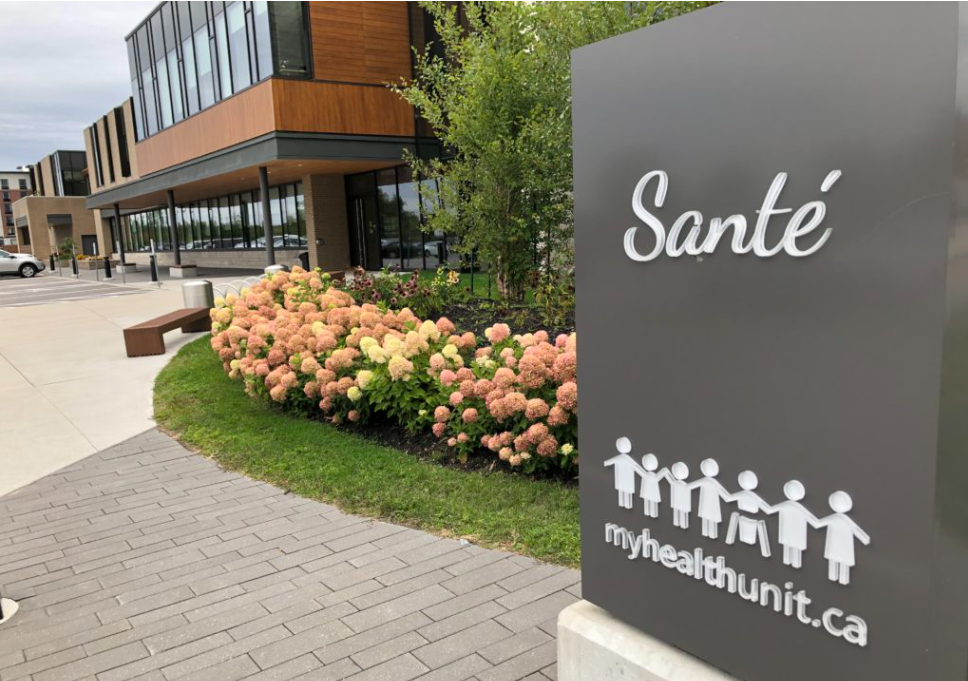Taking Next Steps to Improve Health-Care Access

Proposed changes would expand scopes of practice for a range of health-care professionals
To protect Ontario’s health-care system by providing more connected and convenient care to people around the province, the government is consulting to expand the scopes of practice for a wide range of regulated health professionals, including optometrists, psychologists and physiotherapists. This expansion would improve access to timely care, reduce pressure on the health-care system and allow more providers to work to the full extent of their training and expertise.
“Across our province, qualified health-care professionals are ready to contribute more to their communities, ensuring doctors’ offices and emergency departments are available for those who truly need them,” said Sylvia Jones, Deputy Premier and Minister of Health. “By working to expand scopes of practice for additional professions, we are building on our progress to make it faster and easier for families to access the care they need, when and where they need it.”
The government is currently consulting with partners on proposed changes that could:
- Grant optometrists authority to perform minor surgical procedures in the office under local anesthesia, use laser therapy to manage cataracts and glaucoma, order diagnostic tests and independently treat open-angle glaucoma without having to refer patients to a physician
- Grant psychologists with specialized training and education in psychopharmacology authority to prescribe certain medications, such as antidepressants, for the management and treatment of mental health conditions and addictions, as well as order and interpret select diagnostic tests such as urinalysis and blood work
- Grant several regulated health professionals the authority to order and perform certain diagnostic imaging procedures, such as x-rays, MRIs and CTs, including dental hygienists, denturists, speech-language pathologists, physiotherapists, chiropractors and chiropodists, which would further improve access to care
In addition, the government provided direction to the Ontario College of Pharmacists to develop regulatory changes that would further expand pharmacists’ scope of practice, enabling pharmacists to assess and prescribe for an additional 14 ailments:
- Acute pharyngitis (sore throat)
- Calluses and corns
- Headache (mild)
- Herpes zoster (shingles)
- Minor sleep disorders
- Onychomycosis (fungal nail infections)
- Otitis externa (swimmers’ ear)
- Pediculosis (head lice)
- Rhinitis – viral (nasal congestion)
- Seborrheic dermatitis (dandruff)
- Tinea corporis (ringworm)
- Tinea cruris (jock itch)
- Verrucae (vulgaris, plantar) (warts)
- Xerophthalmia (dry eye)
If approved, pharmacists would also be able to administer additional publicly funded vaccines (including RSV, Pertussis, Tetanus, Diphtheria, Pneumococcal, and Shingles), and administer Sublocade® (buprenorphine) for opioid use disorder. Additionally, the Ontario College of Pharmacists will be consulted on the administration of point-of-care tests by pharmacists to support implementation of common ailment prescribing, like strep throat testing. These changes would help alleviate pressures on primary care providers, walk-in clinics and hospital emergency departments, giving them more time to help people with more complex needs.
As part of Your Health: A Plan for Connected and Convenient Care, the government is protecting the health-care system, including making it easier for highly skilled, regulated health-care professionals to work to the full extent of their training and expertise to provide people with more connected and convenient care.



